True spiritual practice is not about escaping troubles, but about growing together among people. Through learning and applying the Buddha’s teachings, we relieve suffering and bring joy, creating the miracles of Tzu Chi’s good deeds. Master Cheng Yen has taught, “Entering the crowd is like entering a great furnace,” emphasizing that the purpose of practice is growth. Only by constantly turning the Dharma wheel and transforming our hearts can we purify ourselves and help create a pure land in this world.
Growing and Transforming on the Bodhisattva Path
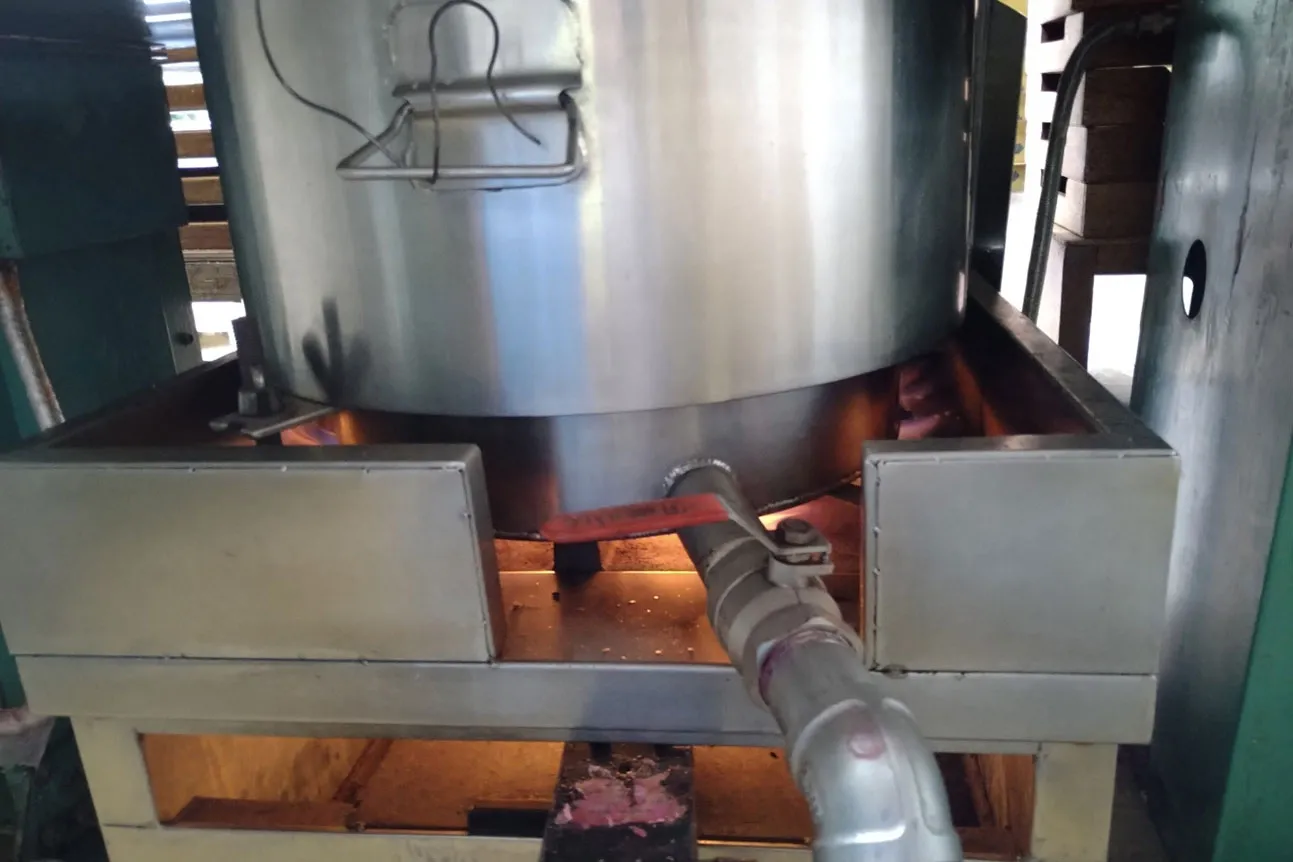
I often reflect on Master Cheng Yen’s teaching, “Where there are people, matters, and things, there is Dharma,” especially when making candles. The hard, unyielding raw wax reminds me of our own stubborn habits. Only when the wax is softened by fire can it be shaped; likewise, only through life’s trials can our rigid tendencies return to their pure, original nature.
Many say that before joining Tzu Chi, life seemed simpler, but after joining, things get busier and interpersonal challenges increase. Is this really so? In truth, even without Tzu Chi, life brings its own challenges. But in Tzu Chi, we interact with many people and situations in a short time, which accelerates our learning and growth, especially when we take on responsibilities and a sense of mission.
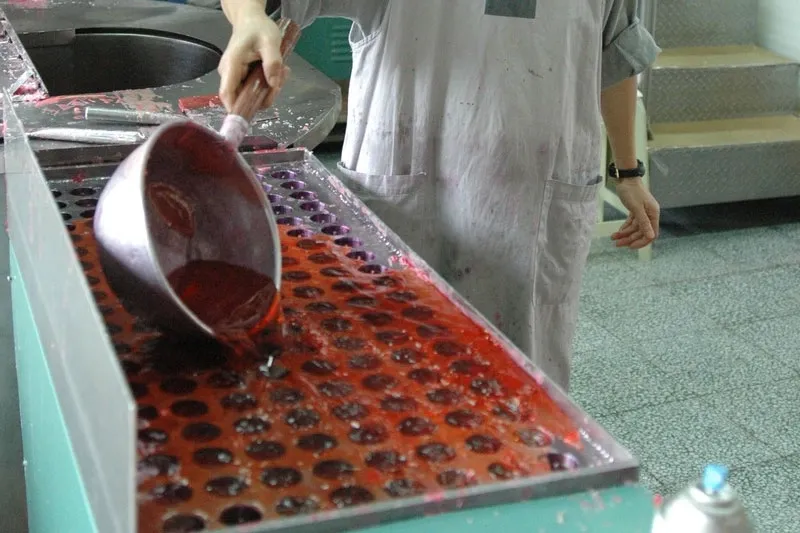
Lessons from Candle-Making
Just as candles made under the same conditions can turn out differently, each person has their own causes, karma, and habits. Sometimes, a candle may crack or break, but this too has its reasons. When this happens, we melt the wax down and make a new candle. Similarly, when we face setbacks, we must reset our hearts and start anew. Master Cheng Yen says, “Life’s greatest achievement is to stand up after failure.” We should also remember not to block others’ chances for renewal, because giving others opportunities also helps relieve our own burdens.

Candle molds may look the same, but subtle differences in the base can result in candles of varying heights. Likewise, every Tzu Chi volunteer has a different background and capacity for responsibility. If we hold everyone to the same standard, we only create suffering for ourselves and others. By lowering our expectations, we can actually raise the overall standard.
Even imperfect candles can still shine light; a chipped cup, seen from another angle, is still round. When we rely on the Dharma and let go of demanding others, we develop patience and are willing to wait for others to grow. We must never give up on anyone.
Melted wax reminds me of the saying, “A noble person is like water—adapting to any shape, at ease everywhere.” When we encounter people or situations that don’t meet our expectations, it’s a reminder that our hearts are not yet soft enough and that we still have much to learn.
The Middle Way: Balance and Support

If wax is poured too slowly and hardens before filling the mold, the candle forms in two separate sections. At such times, a spatula helps the wax flow smoothly. This reminds me that, at key moments in life, a timely helping hand can prevent negative outcomes. We should aspire to be that helpful person for others. If we don’t encounter such support, instead of complaining, we should reflect on why we didn’t receive help when we needed it.
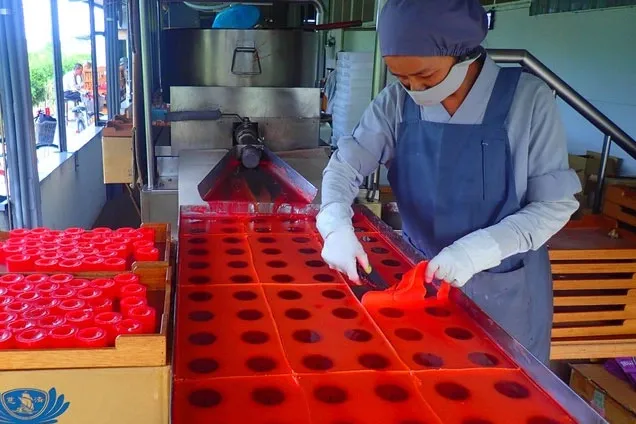
When there’s too much wax, the excess must be trimmed; too little, and the candle can’t form properly. Spiritual practice is the same—both excess and deficiency are not the right path. Only by finding balance, the Middle Way, can we move forward steadily. The Middle Way within each person has no fixed standard. As Master Cheng Yen once said, “If the heart is broad, we are the same; if the heart is narrow, we are different.” With a broad heart, we can accept differences and understand others; with a narrow heart, we cling to our own standards and create suffering.
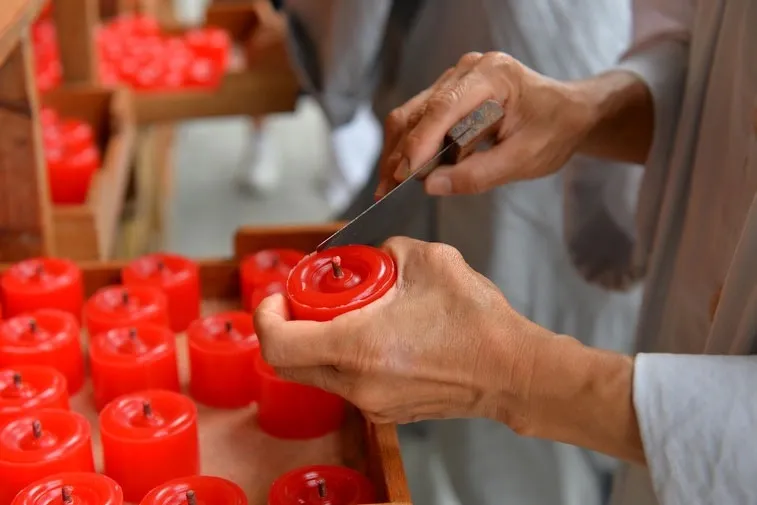
Excess wax is poured back into the pot to be melted and reborn. Similarly, our excess thoughts can become obstacles, but through practice and self-awareness, we can adjust and move forward more smoothly on this worthwhile path.
The final step in candle-making is inserting the wick. Without it, the candle is useless. In spiritual practice, when things are going smoothly, it’s easy to become complacent or arrogant. If we stray from the right path, we must start over, which is even harder. Master Cheng Yen says, “It’s harder to stop halfway than to reach the goal.” Having found this path, we must stay vigilant and keep aligning ourselves with the Dharma, lest we have to start again from the beginning.

Turning the Wheel of Learning and Awakening
Why do we sometimes give up on a path we know is worthwhile? Why do we lose heart halfway? Master Cheng Yen often says, “A child’s mind is ever-changing.” This isn’t about age, but about the immaturity within us. Her teaching, “From learning to awakening, we must cultivate diligently by persevering on the Bodhisattva path,” is a constant reminder to keep listening to the Dharma and striving forward.
Master Cheng Yen has compared spiritual practice to forging iron in a great furnace—only through intense heat can iron become steel. Likewise, we must practice among people, in the “great furnace” of society, where challenges and afflictions abound. Our task is to maintain our pure, true nature in this turbulent world.
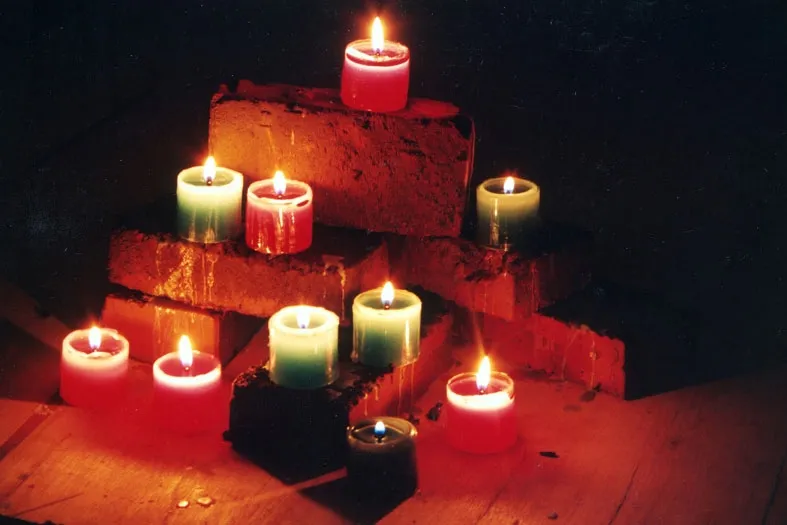
When we are open to learning, the Dharma become a part of us. If we shut ourselves off, no teaching will get through. Daily life is full of distractions and recurring afflictions. Only when we learn and awaken from the Buddha Dharma can we walk the Bodhisattva path with purity, joy, and dharma-joy. This is what Master Cheng Yen constantly reminds us through her teachings. As disciples, we should cherish this rare opportunity and diligently walk this worthwhile path together, never losing our original aspiration.
Compiled from a sharing by Master De Chuan (釋德傳法師) during the Volunteers’ Morning Assembly on July 12, 2025.
Edited by Yen-Ling Su (蘇艷玲), Yueh-O Hsu (許月娥), Li-Hsu Tsai (蔡藜旭), and the Editorial Team.
Translated by Mindy Chen (陳敏理)
Source: 菩薩道,不悔慈濟路


